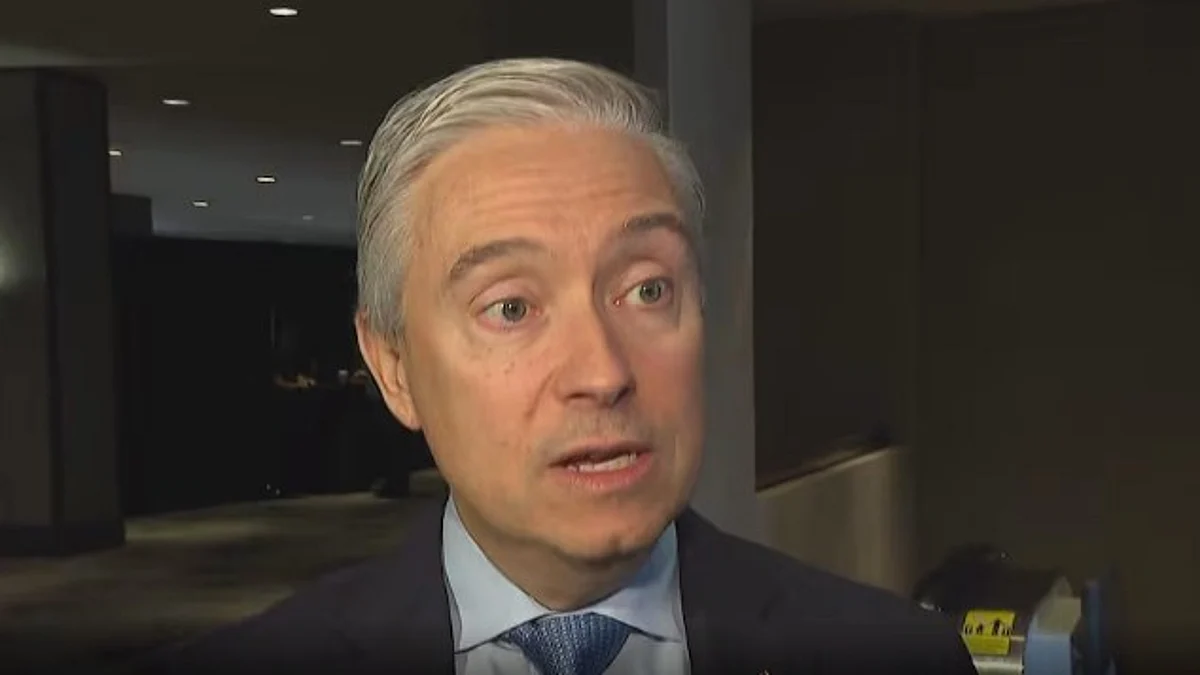Copyright westernstandard

Finance Minister François-Philippe Champagne will table Budget 2025 on November 4, outlining what the government describes as a plan to strengthen Canada’s economy through training, labour reforms, and targeted worker supports. With record-high federal debt and rising borrowing costs, critics warn that Ottawa’s latest round of spending could deepen the country’s long-term fiscal problems.Since Prime Minister Mark Carney took office, federal spending and borrowing have expanded rapidly. The national debt has now surpassed the levels reached under Justin Trudeau..Despite repeated promises of fiscal restraint, the Carney government has continued to rely on deficit financing, even as interest payments climb to levels not seen in decades.Analysts project that debt servicing costs will soon exceed the federal defence budget, raising concerns about the sustainability of Ottawa’s current approach.The government says its plan is focused on “building Canada strong” through investments in skills, housing, and infrastructure. Economists, however, question whether another wave of spending will deliver lasting productivity gains or simply fuel inflation and increase the debt burden..Among the measures previewed are $75 million to expand union-based apprenticeship training, a five-year refundable tax credit of up to $1,100 for personal support workers, and $97 million over five years for faster recognition of foreign credentials in health and construction.The government also plans to restrict non-compete agreements in federally regulated workplaces, saying this will improve competition and labour mobility.In response to U.S. tariffs and trade disruptions, Ottawa plans to commit more than $4 billion to job training, reskilling, and Employment Insurance supports..This includes $570 million for training programs, $382.9 million for new workforce alliances, and $50 million for a national digital job platform.Champagne said the initiatives will help Canadian workers adapt and maintain a skilled and educated workforce.With the national debt looming and the global economy slowing, Budget 2025 may become a test not only of the government’s plans for workers but also of its credibility on economic management.



